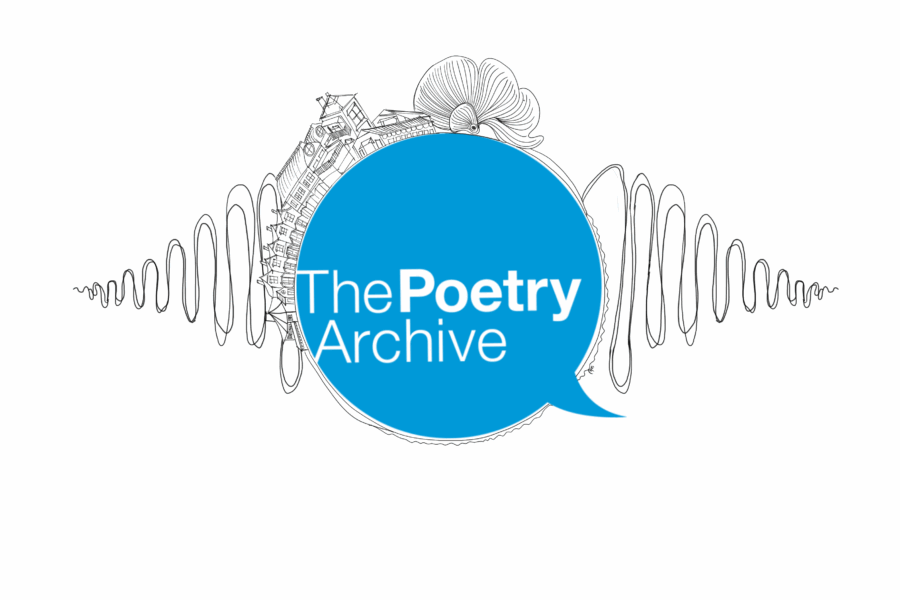The Aldeburgh Craft Development Series

Celebrate National Poetry Day with the Power of Play
In the spirit of this year’s NPD theme, play, we invite you to explore the joy and creativity that comes from engaging with poetry. Our new series, part of the forthcoming Aldeburgh Collection, features eight dynamic recordings and in-depth conversations with some of today’s most exciting contemporary poets.
Whether you’re just starting out or refining your craft, these sessions offer a space to experiment, learn, and play—guided by voices shaping the poetry landscape today.
Introducing the Aldeburgh Collection
Aldeburgh, the coastal Suffolk town once home to composer Benjamin Britten, has long been a hub for the arts. From 1986 to 2016, The Poetry Trust ran the beloved Aldeburgh Poetry Festival—an international celebration of the spoken and written word.
Thanks to recordings dating back to 1996, The Poetry Archive now holds over 383 hours of poetry, talks, and interviews from more than 500 poets across 40 countries—a rich testament to poetry’s enduring power. As Roy Blackman and Michael Laskey put it in the Aldeburgh Festival Anthology, “The poem is written for the poet’s voice… that intimate connection between the written and the spoken word is always illuminating.”
A Playful Approach to the Archive
This extraordinary and vast collection can feel overwhelming. That’s why we’ve taken inspiration from John Hegley and Ian McMillan’s playful Word installation, and this year’s National Poetry Day theme, to bring you a series of curated writing workshops and craft talks.
Designed for poets and poetry lovers, these talks invite you to play with language like building blocks. Listen, play, interact and find out where words take you.
Take a peek into Aldeburgh’s poetic past—and stay tuned for the wealth of treasures from The Aldeburgh Collection, coming soon to the Archive.
1: ‘What’s in a Title?’ with Ingrid de Kok
2: The Poet’s Toolkit
A meticulous eye for detail with an awareness of the bigger picture. Relevant experience. Excellent communication skills, verbal and written. Capacity to think outside the box. Passion, drive and ambition. Ability and willingness to work long and flexible hours unsupervised. Lars Gustafsson, Marie Howe, Bill Manhire and Don Paterson finesse the person specification of being a poet.
3: Maurice Riordan on Crossroads and the Public/Private Poem
4: ‘The Right Word’ with Philip Schultz
5: Kim Addonizio on ‘the turn’ in poetic structure
6: ‘Words on the edge’ with Zaffar Kunial
7: Poetry and Disobedience
Whether it’s subverting rules of language and form, defying personal boundaries or taking a stand against oppression, disobedience is surely fundamental to poetry. Finuala Dowling, Thomas Lux, Tom Pickard and Hannah Silva – all risk-takers and taboo-breakers – discuss non-conformity and its importance for writers and readers in a discussion chaired by Robert Seatter. Enjoy this stimulating discussion about poetry, full of cross-cultural perspectives.
8: The Encapsulating Expression with John Stammers
John Stammers considers how central themes in poems are managed to best effect. Identifying the occurrence of key phrases in work by Wilfred Owen, John Berryman, Don Paterson and others, Stammers explores how these can function powerfully to create thematic integrity.